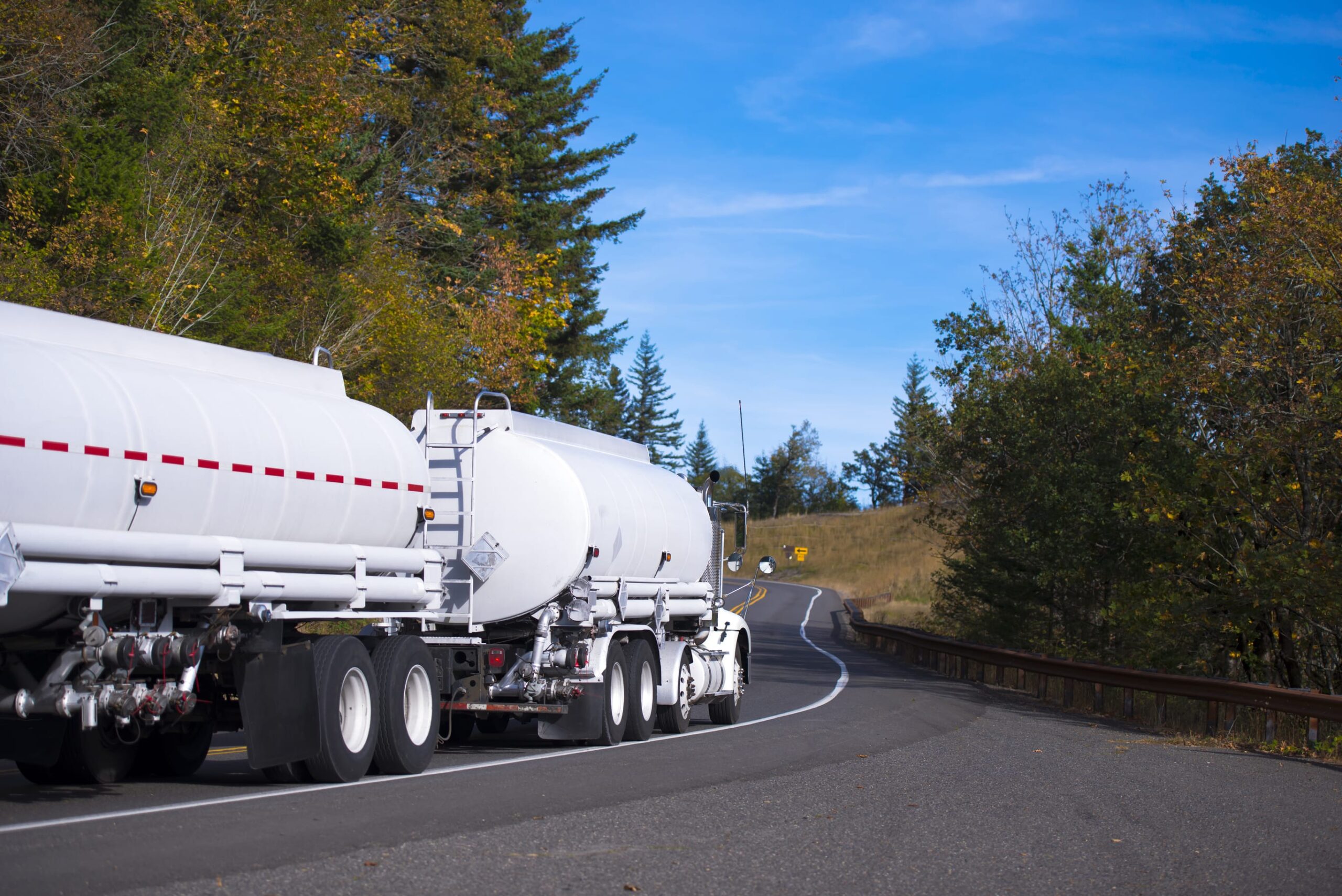Energy Transportation Services
In today’s global energy market, where the demand for oil, gas, and renewable energy products is continuously growing, effective transportation plays a pivotal role in ensuring a seamless energy supply chain. Energy transportation services are essential for moving energy products such as crude oil, natural gas, and renewable energy components across regions, from energy producers to consumers. These services provide critical logistics solutions that support industries, utilities, and communities, ensuring the smooth flow of energy while optimizing costs, efficiency, and sustainability.
As energy demands increase, companies across North America, Texas, and the broader USA are turning to energy transport logistics to address the complexities of moving large quantities of raw materials and finished energy products. Whether it is oil & gas, renewable energy, or energy components, the transportation process requires tailored solutions that maximize efficiency, reduce costs, and meet strict environmental standards.
Cost-Effective Energy Transportation Solutions
One of the primary concerns for energy companies is maintaining cost-effective transportation solutions without compromising the quality or safety of the shipment. The energy industry, particularly in regions like Texas and North America, involves the transportation of bulk products and specialized components that require specialized logistics services. With the price volatility in the energy sector, it is more crucial than ever to implement transportation solutions that are both economical and efficient.
Logistics services designed for the energy industry must address the need for speed, security, and cost-effectiveness. When dealing with energy transport logistics, optimizing transportation routes, reducing delays, and minimizing inefficiencies are key to lowering costs. A reliable logistics provider understands these factors and can customize solutions to ensure that energy products are moved efficiently while adhering to project deadlines.
The ability to choose the most cost-effective transport mode—whether by air freight, truck, rail, or even pipelines—is vital for managing transportation expenses. Using real-time tracking and data analytics, logistics providers can help energy companies minimize the costs associated with fuel and transportation time, allowing for better budget control and more effective forecasting.
Tailored Energy Transport Logistics Solutions
Every energy shipment is unique, requiring tailored solutions that meet the specific needs of the product being transported. From the complex transportation of oil & gas to the movement of large and delicate renewable energy components, logistics providers must offer services that cater to the intricacies of each energy product.

Energy Supply Chain and Project Management
The management of the energy supply chain is critical to ensuring that energy products are transported on time and without disruptions. Energy transport logistics is central to managing complex supply chains that span across multiple regions and sectors. Companies in the energy industry rely on their logistics providers to offer seamless transportation management services that integrate with their supply chain needs.
Logistics providers take on the responsibility of managing the entire project lifecycle of energy shipments. This includes everything from sourcing energy products, determining the most efficient transportation methods, and managing shipments to final delivery. A logistics provider with strong project management capabilities can ensure that all shipments are handled with efficiency, minimizing delays, and maximizing supply chain effectiveness. By integrating real-time tracking systems and predictive analytics, energy transport logistics providers can respond proactively to challenges, helping companies avoid costly delays.
Effective project management in energy transportation requires collaboration across the supply chain, with close partnerships between logistics providers, shippers, and energy companies. By coordinating transportation routes, schedules, and regulatory compliance, energy transportation projects can be executed smoothly, ensuring that the energy supply chain remains efficient and cost-effective.
Real-Time Tracking and Logistics Optimization
Energy transport logistics rely on real-time tracking systems that provide end-to-end visibility of shipments. This technology enables energy companies to monitor the status of their shipments, allowing them to react swiftly to any disruptions or delays. Real-time tracking is particularly important for moving high-value energy products, such as oil & gas or renewable energy components, where delays can cause significant financial losses.
Logistics providers in the energy sector use real-time data to optimize transportation routes, monitor fuel consumption, and manage transportation schedules. The ability to track shipments from origin to destination ensures that energy products are delivered on time, at the right place, and with minimal risk of loss or damage. This functionality is key to improving the efficiency of energy transportation and providing exceptional customer experience.
In addition to real-time tracking, logistics optimization also involves using predictive analytics to forecast potential disruptions and proactively address them. With advanced software and tools, energy transport logistics providers can improve efficiency, reduce fuel costs, and enhance decision-making processes.
Sustainability in Energy Transport Logistics
As environmental concerns grow and sustainability becomes a priority across industries, energy transportation services are expected to contribute to the broader sustainability efforts. This includes minimizing emissions, reducing the carbon footprint, and implementing green logistics practices.
Energy companies are increasingly focused on sustainability, and energy logistics providers play a crucial role in helping them achieve these goals. By adopting eco-friendly transport options, such as using electric trucks or transitioning to more fuel-efficient vehicles, logistics providers reduce the environmental impact of energy transportation. Optimizing routes to reduce empty miles, improving fuel efficiency, and transitioning to renewable energy sources in transportation can significantly reduce emissions and lower the overall environmental footprint of energy logistics.
Sustainability initiatives in the energy transportation industry also extend to the use of more efficient modes of transport, such as rail, which emits less carbon compared to trucking. For companies involved in renewable energy projects, energy transport logistics can be a key partner in supporting environmentally conscious operations that align with the overall goal of reducing greenhouse gas emissions.
Conclusion
Energy transportation services are indispensable for the success of the energy industry, from oil & gas to renewable energy solutions. With increasing demands for cost-effective, sustainable, and efficient logistics solutions, energy companies in North America, Texas, and the USA rely on tailored energy transport logistics services to meet their transportation needs. These services ensure that energy products are delivered securely, on time, and within budget, while optimizing transportation costs and minimizing emissions.
By working with a reliable logistics provider, energy companies can streamline their supply chains, reduce operational costs, and improve sustainability. The use of advanced tracking systems, predictive analytics, and customized logistics solutions enables energy companies to address the unique challenges of energy transportation, whether it’s moving crude oil across vast distances or delivering renewable energy components to construction sites.
As the energy industry continues to evolve, energy transport logistics will remain a critical element in the global energy supply chain. The partnership between energy companies and logistics providers will continue to be instrumental in ensuring the seamless movement of energy products, driving sustainability, and meeting the growing demand for energy solutions.


